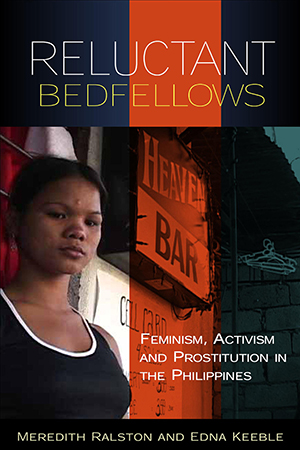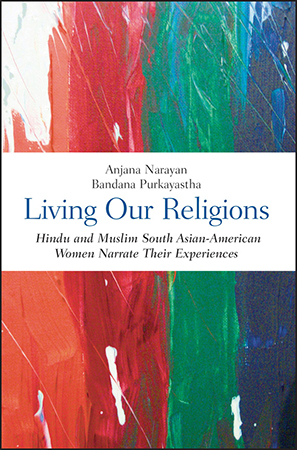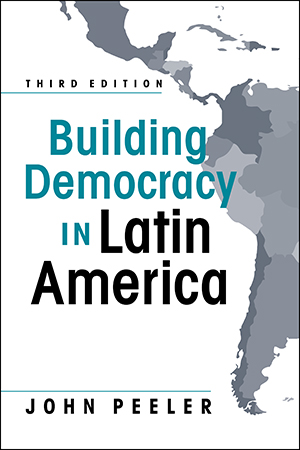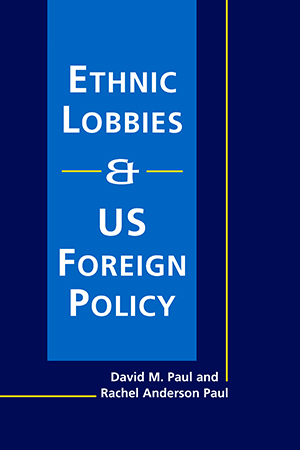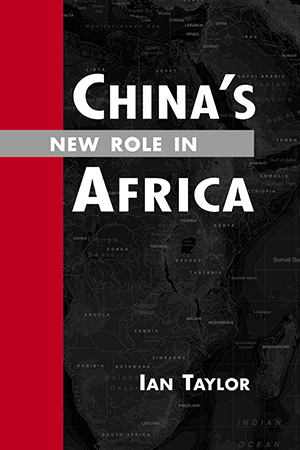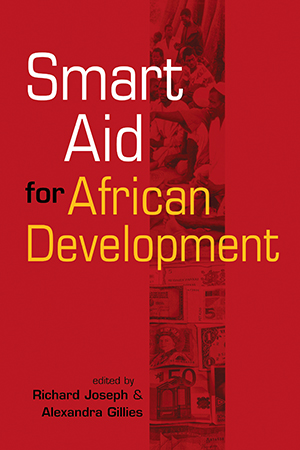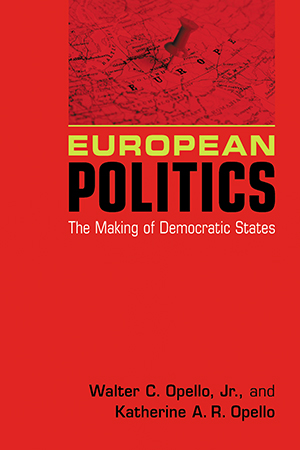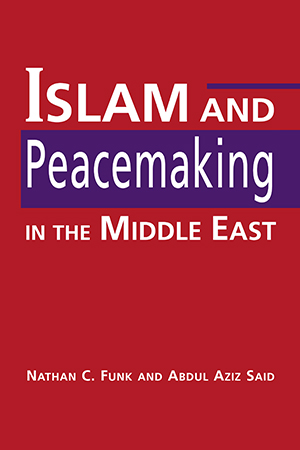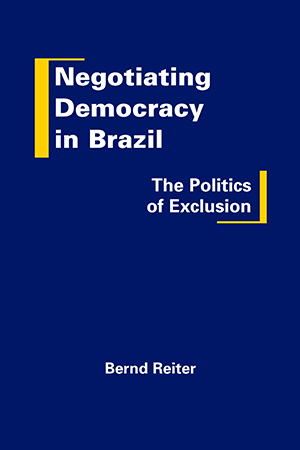BOOKS
This book outlines key facets of the authors' five year development project on sex tourism and prostitution in the Philippines, and is a powerful reflection on the raging debates taking More >
Living Our Religions sheds important light on the lives of Hindu and Muslim American women of South Asian origin. As the authors reveal their diverse and culturally dynamic religious More >
Choice Outstanding Academic Book! What is Wahhabism? What is its relationship with the Saudi state? Does it play a part in Islamist terrorist threats? These are among the complex More >
The third edition of this historically and theoretically grounded analysis of the democratic experience in Latin America reflects important developments both in the region and in the More >
Dozens of ethnic groups work determinedly to achieve specific policy goals in Washington, but to what degree do they actually wield power? Which groups are the most influential, and why? More >
Ian Taylor explores the nature and implications of China's burgeoning role in Africa, arguing that Beijing is using Africa not only as a source of needed raw materials and potential new More >
Despite hundreds of billions of dollars spent on foreign aid to sub-Saharan Africa, a sure path to growth and development has not yet been found—and each new heralded approach has More >
This innovative text explores the nature of European politics in the context of the origin and institutional development of the European state system. Underlying the analysis are a More >
Islam and Peacemaking in the Middle East begins with a set of provocative questions: How, for example, do Muslims conceive of peace? To what degree do differences in the interpretation of More >
Do societal inequalities limit the effectiveness of democratic regimes? And if so, why? And how? Addressing this question, Bernd Reiter focuses on the role of societal dynamics in More >



